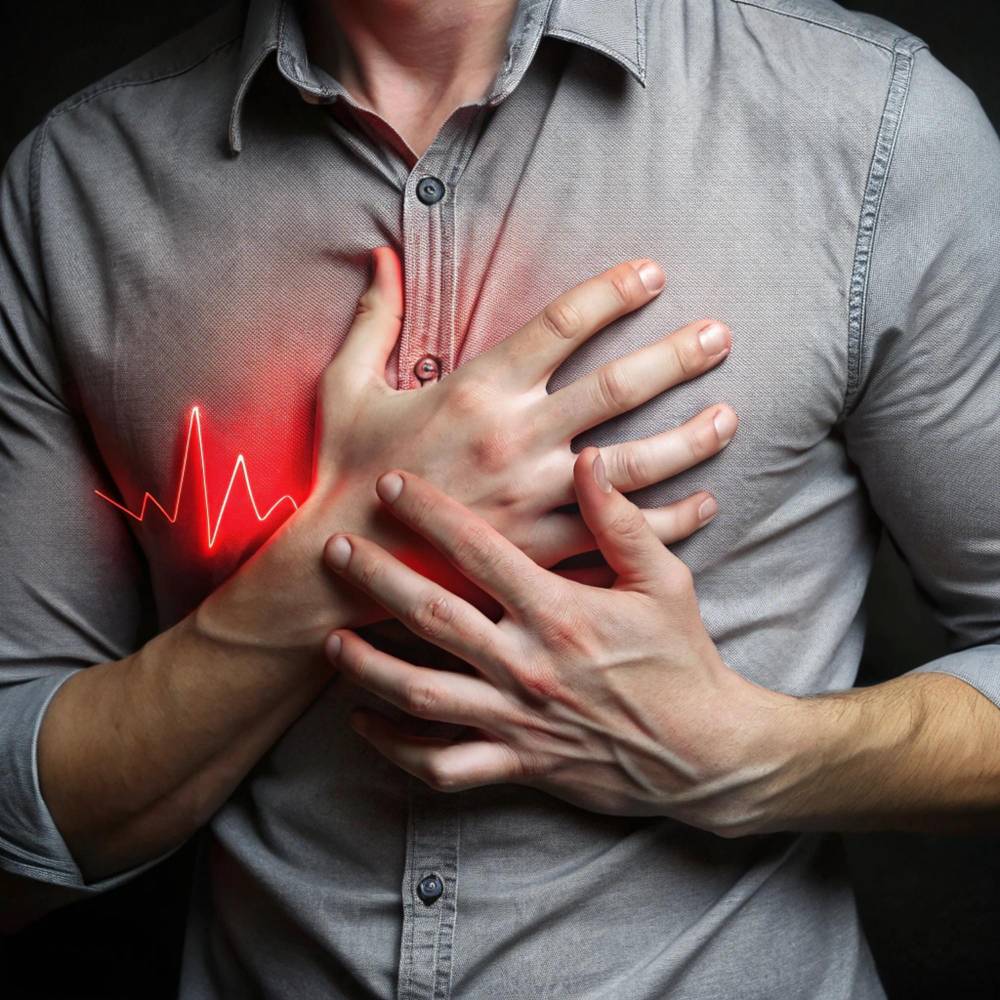Do you ever feel like your heart is racing out of control, even when you’re just sitting down or trying to relax? A lot of people experience a rapid heart rate at some point, and it can be a sign of something called tachycardia. At Capitol Cardiology Associates, we know how scary it can be when your heart doesn’t feel like it's behaving, and we’re here to help you figure out what’s going on. Keep reading to better understand the causes, symptoms, and treatment options for tachycardia so you can take the next step in getting the care you need.
Why Does My Heart Race?
Tachycardia is a term for when your heart beats too fast. Typically, that’s over 100 beats per minute. But why does this happen? The reasons can vary from person to person. Some of the most common culprits include stress, anxiety, or even too much caffeine. Other causes are more serious and might require attention from a heart doctor. Underlying health conditions like high blood pressure, thyroid problems, or heart disease could be putting unnecessary strain on your cardiovascular system. Infections or even something as basic as dehydration can also kick your heart rate into high gear. Sometimes, though, there’s no obvious reason for the racing heart, which is why it’s always good to talk to a cardiologist if it keeps happening. They can dig deeper and make sure nothing more serious is going on.
How Do I Know If I Have Tachycardia?
If your heart is beating too fast, it’s not always something you can feel right away. Some people don’t notice their rapid heart rate until they check their pulse or a doctor tells them during a routine visit. But for others, the symptoms are a bit more obvious. You might experience dizziness, shortness of breath, or even chest pain when your heart’s racing. Some people feel faint or lightheaded like they might pass out. In extreme cases, it can feel like your heart is pounding so hard that it’s trying to leap out of your chest. Tachycardia can also be a warning sign that something else is going on with your heart health. When in doubt, don’t brush it off. Chest pain or feeling faint should always prompt a visit to a heart doctor, just to be safe.
What Can I Do About It?
There are plenty of options for managing and treating tachycardia, depending on what’s causing it. Sometimes, all it takes is making a few lifestyle changes. If stress or anxiety is your trigger, learning relaxation techniques or even cutting back on caffeine can help bring your heart rate back down to normal. But for some, lifestyle tweaks aren’t quite enough, and more targeted treatment might be needed. Medications can help control your heart rate or address the underlying cause, like high blood pressure. Beta blockers, calcium channel blockers, or even anti-arrhythmic drugs might be on the table, depending on your situation. In more severe cases, your cardiologist in Riverdale might suggest a procedure like catheter ablation, which targets the area of your heart that’s misfiring and causing the fast rhythm. There’s also something called a pacemaker, which helps regulate your heart rate or even an implantable cardioverter-defibrillator for those with life-threatening arrhythmias. It might sound overwhelming, but the goal is to get your heart back on track. Your cardiology team will walk you through the options and help you find the best fit for your lifestyle and health needs.
Do You Need Professional Services?
Tachycardia doesn’t have to take over your life. With the right treatment and a plan in place, you can get back to feeling like yourself again. If you’ve noticed your heart racing more than it should, don’t ignore it. It could be a signal that your heart needs a little extra attention. At Capitol Cardiology Associates, we’ve seen firsthand how addressing heart concerns early can lead to better outcomes. Whether it’s managing stress, figuring out the right medications, or exploring other treatment options, we’re here to help guide you every step of the way. If you’ve been experiencing any symptoms of tachycardia, or if you’re just concerned about your heart health, reach out today to schedule an appointment.






